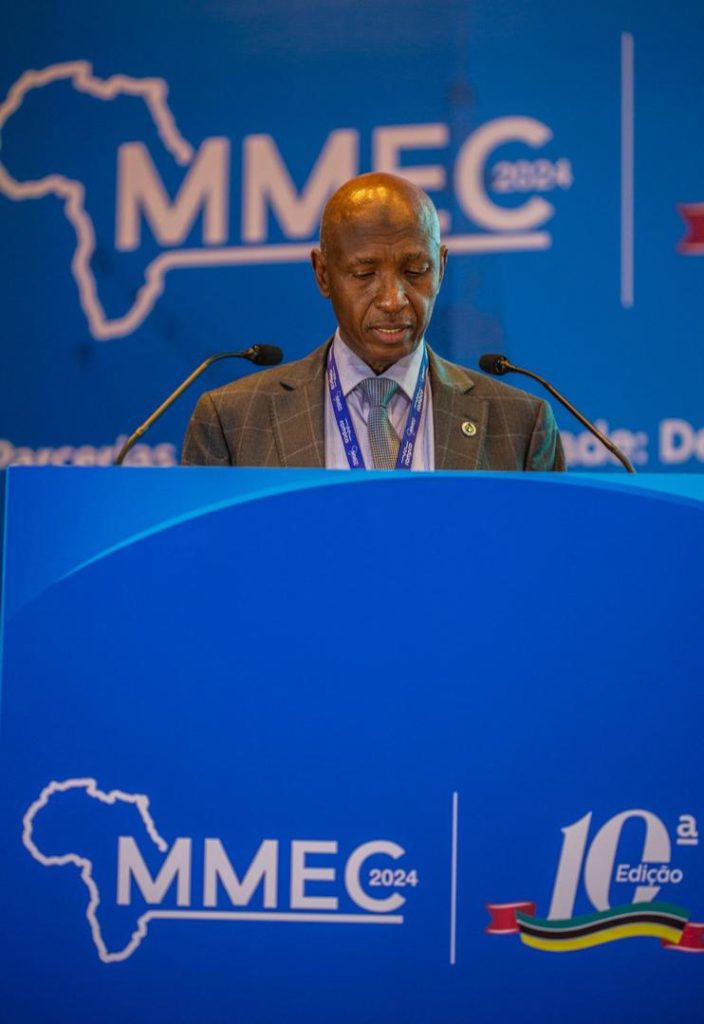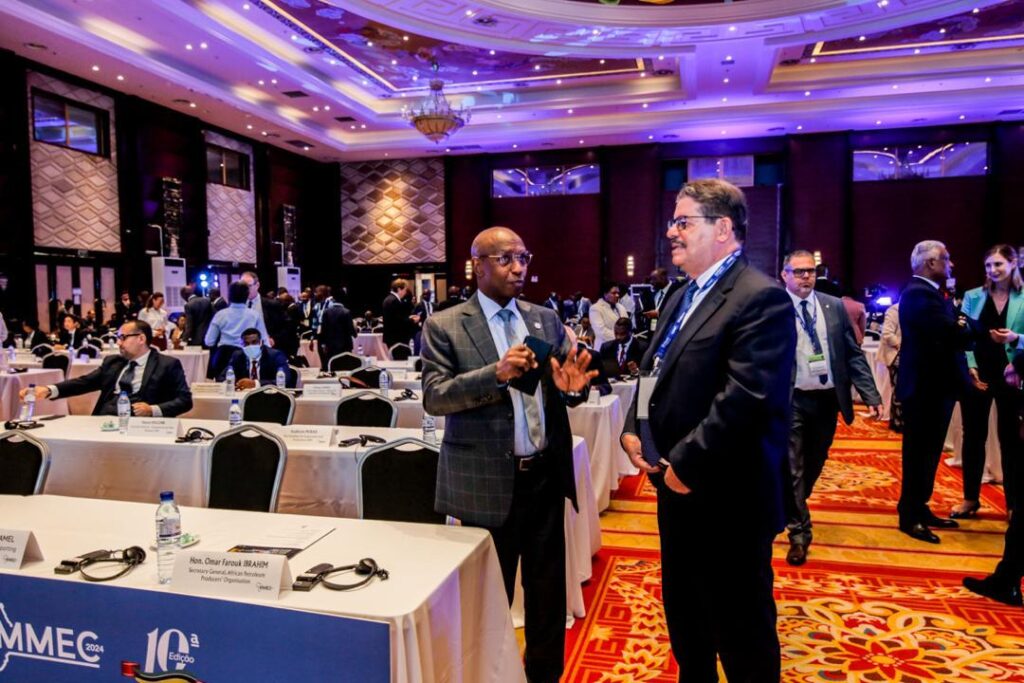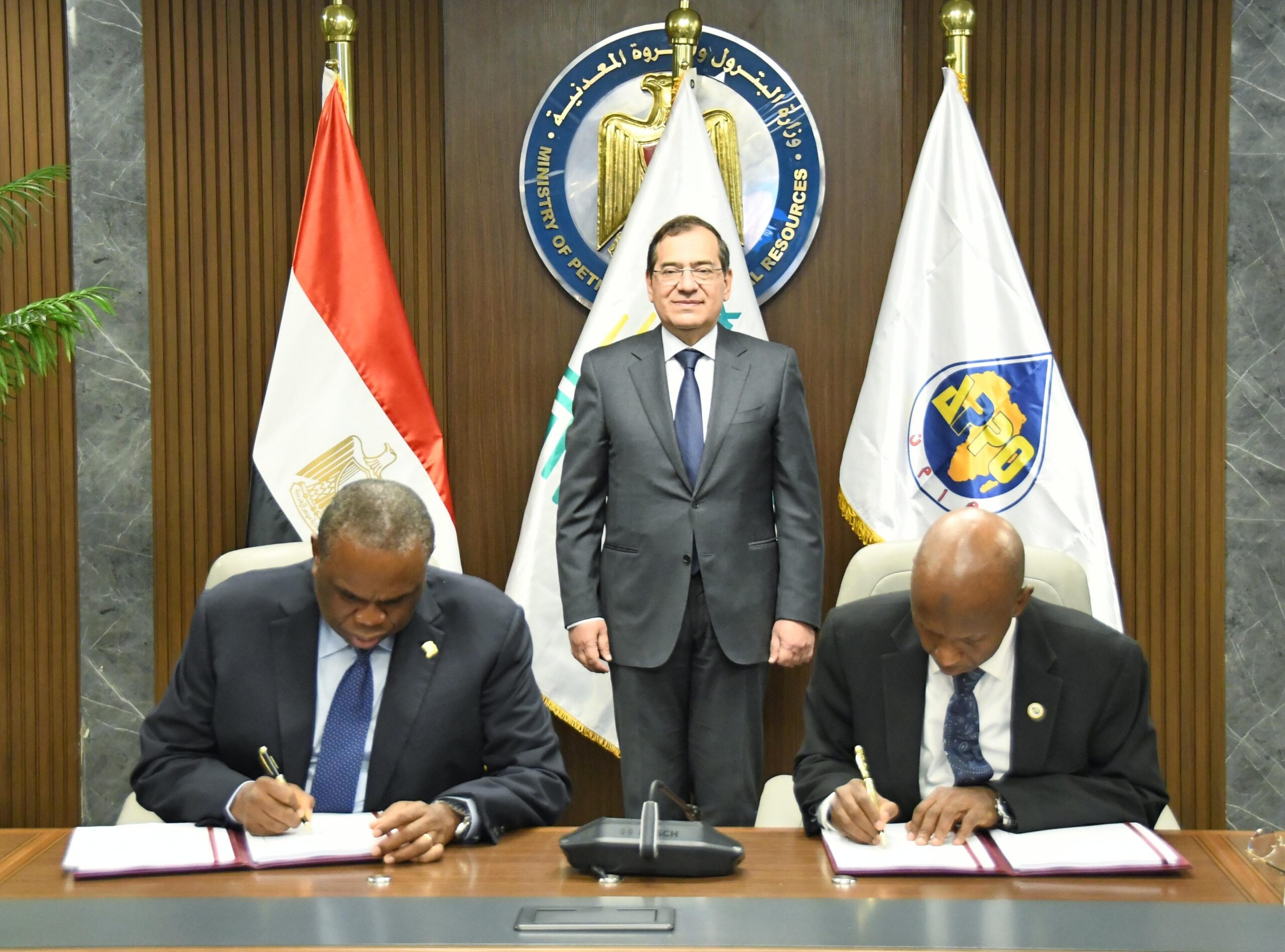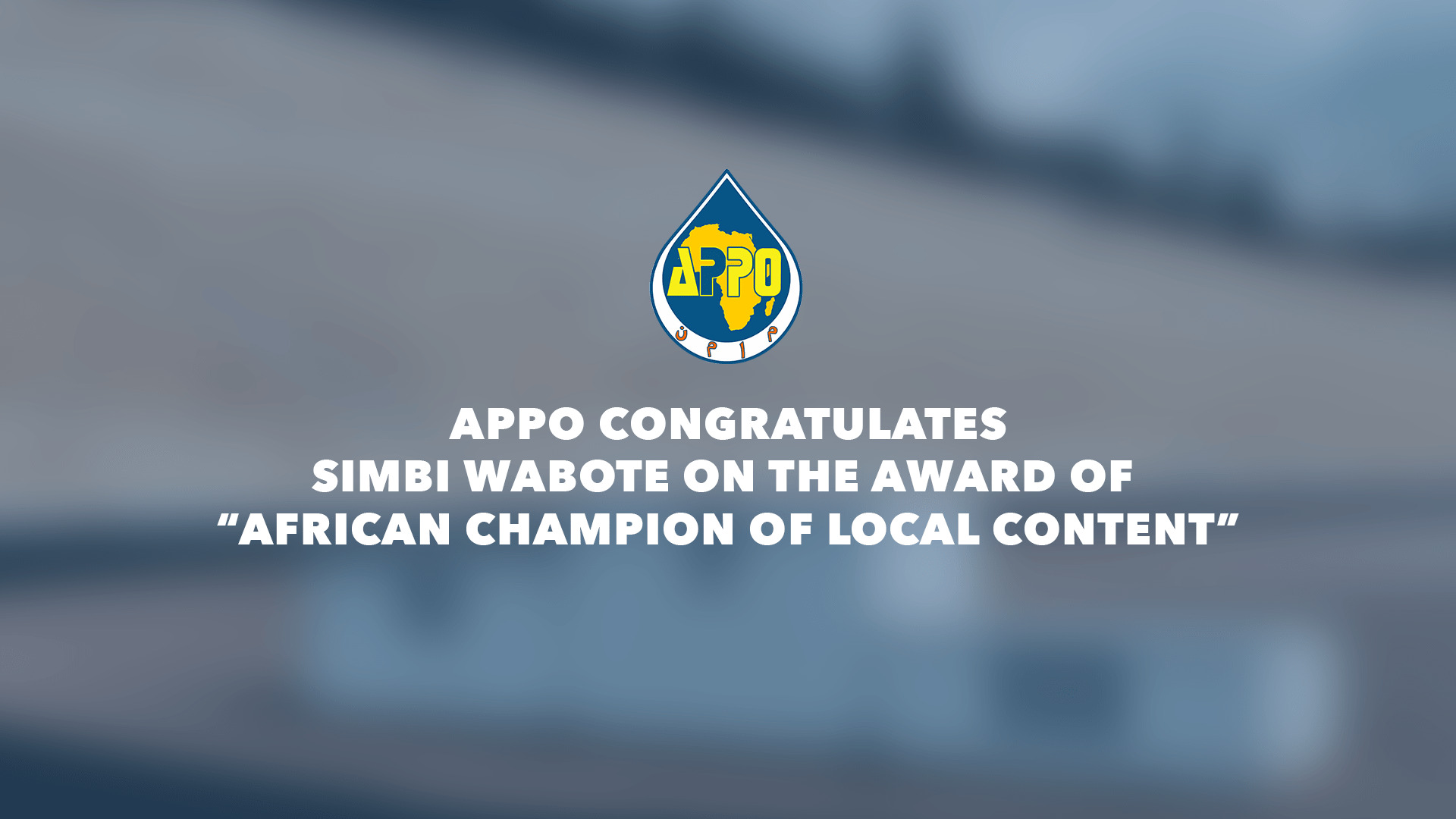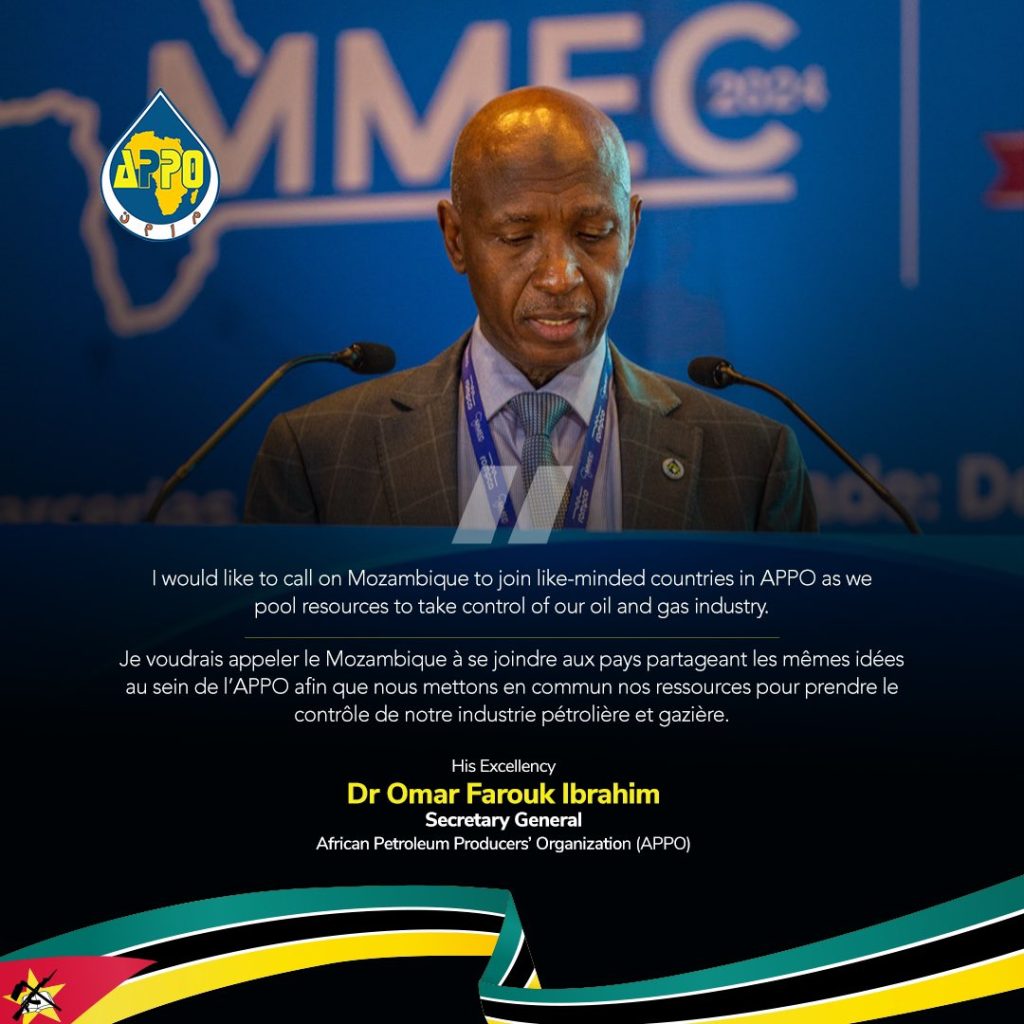
Your Excellency Fillipe Nyusi, President of the Republic of Mozambique, Excellency Valige Tauabo, Governor of Cabo Delgado, Excellency Dr. Carlos Zacarias, Minister of Mineral Resources and Energy of the Republic of Mozambique, Excellency Mohamed Hamel, Secretary General of the GECF, Dr. Elthon Chemane, Chairman of ACLM, organizers of this Conference, Captains of the minerals and energy industries, Ladies and gentlemen.
I should like to thank the government of Mozambique and the organizers of the Mozambique Energy and Industry Summit for the invitation to deliver a Keynote Address at this year’s Summit. The theme, Partnership for Prosperity: Unlocking Mozambique’s Resources to Advance National and Regional Economic Growth cannot be more apt in the light of the imminent challenges that the global energy transition poses to the African oil and gas industry.
Excellencies, ladies and gentlemen, a couple of years ago, responding to the threats that the global paradigm shift away from fossil fuels to renewable energies pose to African oil and gas producing and potential producing countries, countries whose governments rely heavily on oil and gas revenue to meet the obligations of government, including the provision of security, health care services, education and necessary infrastructure for socio-economic development, the APPO Ministerial Council commissioned a study on the Future of the Oil and Gas Industry in Africa in the Light of the Energy Transition.
The study found three imminent challenges that energy transition poses to the African oil and gas industry. These are Funding, Technology including expertise and Markets. The study noted that in the several decades that African countries have been producing oil and gas, these countries have relied heavily on external financing for exploration, production and processing of their oil and gas. Almost all of them rely on financing from international oil and gas companies as well as international oil and gas service companies. They also rely heavily on foreign financial institutions, especially from the global North countries of Europe and America.
The second imminent challenge, namely technology and expertise, like the first is also foreign dominated. Almost all the technology and expertise in the industry on the continent is foreign controlled. The technology for exploration, production and processing are largely foreign controlled. So is the high skilled technical expertise, in many African countries.All the major oil and gas research, development and innovation institutions are located outside of the African continent. Admittedly a number of African countries have made some appreciable progress in oil and gas research, and capacity development. But none has what it takes to make major breakthroughs in the industry.
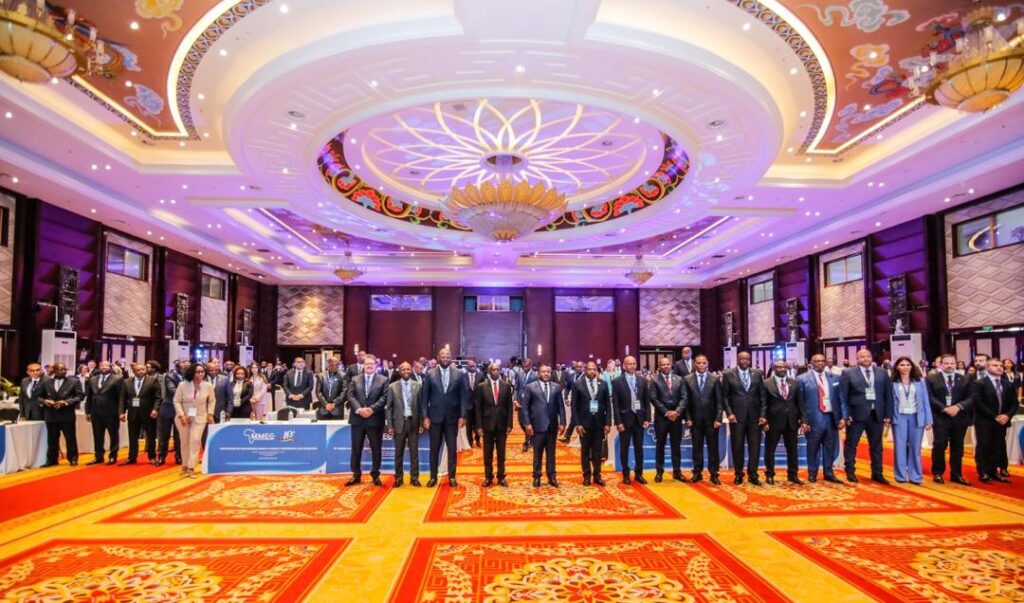
The final challenge is markets for our oil and gas. 75% of the oil and 40% of the gas that Africa produces daily are exported outside Africa. This is because oil and gas have been treated as export commodity from the very first time they were discovered on our continent. They were not seen as commodities that should benefit primarily the people of the continent, but outsiders. That is why today Africa exports oil and gas even when it has the largest proportion of its population living with energy poverty. Nearly 1 billion of Africa’s 1.49 billion population do not have access to clean energy for cooking and other domestic uses. Over 600 million of our population do not have access to electricity.
This is because we have been made to believe that we are too poor to buy energy. The question is: Which society has broken from the poverty cycle without access to energy? Today’s industrialized countries got to where they are because they had access to vast energy resources from fossil fuels in the last 150 or more years.
They have used it to make the lives of their people better. They have used it to transform their societies and economies from reliance on industrial production to the production of knowledge and artificial intelligence. Now that others are on the verge of industrialization, we are being told that fossil fuels are dangerous to mankind.
Excellencies, ladies and gentlemen, at what point in time did the developed countries that are today championing energy transition and pushing all of us to embrace it get to know that fossil fuels are dangerous to the atmosphere? In the last 50 years? No? Europe and the US had known about the dangers of fossil fuels as far back as 1859 when an Irish climate scientist, John Tyndal, published a study on the effects of burning fossil fuels on the atmosphere. A similar finding was made by a Swiss scientist, Svante Arrhenius, in 1896. But the findings of these studies were carefully hidden from public view because these societies were industrializing at that time and needed all the energy they could get.
Lest I am misunderstood. In APPO we do not contest the science of climate change. Not because we believe everything that is claimed, but because we are not in a position to prove everything that is claimed to be wrong.
So, what is Africa doing to ameliorate these challenges? Are we prepared, as a continent, and as oil and gas endowed nations to abandon the over 125 billion barrels of proven oil and over 600 trillion cubic feet of proven gas reserves in our soil, even when our continent has the largest proportion of its population living in energy poverty? If we say that we are not prepared to abandon our oil and gas, what are we doing to make sure that in the shortest possible time, we are able to take full control of all operations of the industry from financing, to technology and energy market infrastructure.
Excellencies, ladies and gentlemen, this is where APPO is leading the African oil and gas industry into new frontiers. The era of lamentations about the past is gone. We are taking practical actions to address the challenges. We are taking our destiny into our own hands. For too long Africa has looked outside for its salvation. We are now looking within. And I will tell you what APPO is doing.
To address the funding challenge, APPO has gone into partnership with the Afreximbank to establish the Africa Energy Bank, AEB. While the AEB shall fund energy projects on the continent, its primary focus shall be the oil and gas sector. Work on establishing the Bank has reached advanced stage. From here, I am going to Cairo for the signing ceremony of the Establishment Documents of the Bank. A number of APPO Member Countries have already paid parts of their subscriptions to the Bank, which we plan to see it take-off this year. In two weeks, a selection Committee for the Headquarters of the Bank shall go on inspection visits to the Member Countries shortlisted for providing the Headquarters.
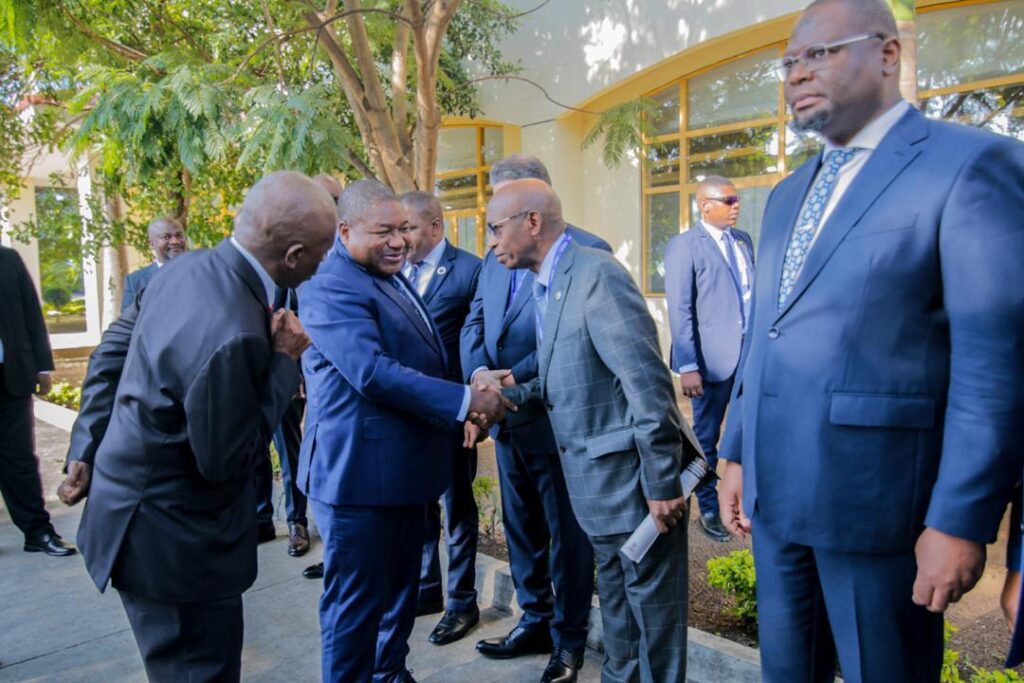
On the technology and expertise challenge I am pleased to inform this audience that APPO and its Member Countries National Oil and Gas Companies are working on establishing regional centers of excellence in various sectors of the oil and gas industry. We created the Forum of CEOs of APPO Member Countries NOCs, the Forum of Directors of Oil and Gas Research, Development and Innovation Centers of APPO Member Countries and we have created Forum of Directors of Oi Training Institutions
These fora have greatly enhanced cooperation and collaboration among our oil and gas operators across the industry value chain.
Our commitment to cooperation and collaboration is informed by the recognition that as individual countries, we have limited resources to effectively pursue our common goals. This is because establishing world class research centers costs a lot of money. This is especially so in developing countries with so much competing demands on the limited resources.
Finally on markets, we have been made to believe that there is no market for energy in Africa because Africans are too poor to buy energy. So, whatever energy we produce goes to those who have the purchasing power. That further enriches the rich and further impoverishes us, the poor. It is important to accept the fact that energy is the catalyst to socio-economic progress. No society has been able to break from the poverty cycle without making energy accessible to a majority of its people.
At APPO we are committed to creating the energy infrastructure that will facilitate the movement of energy across borders, regions and the continent.
I am pleased to say that progress is being made in addressing the challenge of energy infrastructure across regions of the continent. In West and North Africa, the Trans Sahara Gas Pipeline and the West Africa Gas Pipeline projects readily come to mind.
In Central Africa, APPO is partnering with CABEF to do the Central Africa Pipeline System, a project that shall link 11 Central Africa States by crude, products and gas pipelines.
It is for these reasons that we have agreed to pool resources together for the common good of the industry on our continent. For too long African countries have been made to abandon their neighbors and look outside for partnership, even when their neighbors could provide what they are looking for. I am happy to say that this is changing and Africa is changing for the better.
I would like to call on Mozambique to join like-minded countries in APPO as we pool resources to take control of our oil and gas industry.
I should like to end my Keynote with a proposal to our people especially those who represent us at global negotiations on climate change. Stop being beggarly. Stop looking forward to receiving pittance from the countries of the North who destroyed our common patrimony, namely the common atmosphere by polluting it with over 2,500 gigatons of emissions over a period of 150 years.
Instead of looking forward to receiving assistance in the form of climate finance, by any name you call it: adaptation and mitigation or loss and damage, ask the countries that created the mess to use the climate fund to clean the mess they had created.
Ask them to invest those funds in technologies that will expedite the removal of carbon from the atmosphere. Ask them to commit to removing just 25% of the legacy emissions they have put out there. That way, the imminent danger we face today will be removed and Africa can use the same fossil fuels to also get industrialized.
We should not be deceived into believing that renewable energies can industrialize Africa, not in this century.
I thank you for your kind attention.
Maputo, Mozambique, 2nd May 2024

